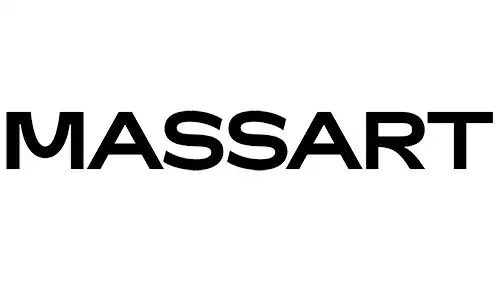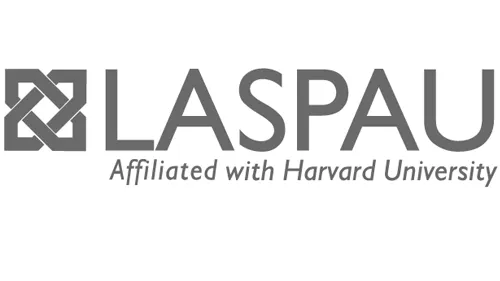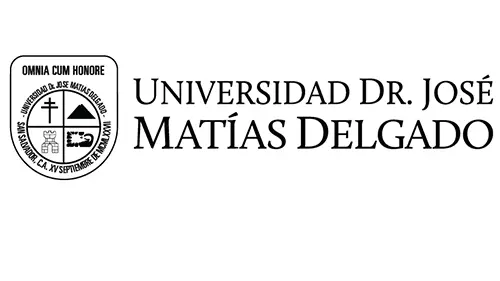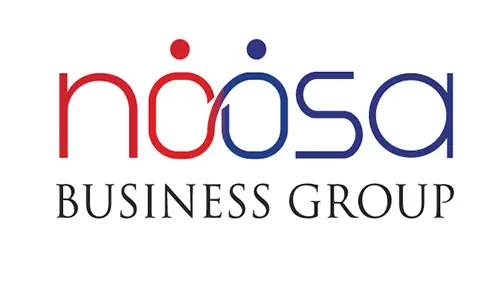This is a very good question that can have varied and complex answers, ranging from copyright issues to clients’ rights. To keep things simple, we’ll stick to these two main areas: concept design and digital artwork. (For websites and copyright, keep on reading!)
Concept Design
All concepts developed in order to produce a design are the copyright of the designer or company who produces them. The client who’s paying the design firm or graphic designer has the right to use the final product only, not the concepts developed along the way. The concepts developed to create one final piece are the designers’ Intellectual Property (IP).
Usually when a design is finalised, copyright is assigned to the client.
Digital Artwork
The digital artwork (the working/source files) belongs to the design firm or designer. The working/source files contain expertise, the ‘know how’ of putting together all the pieces that make up a design.
The client has the right to use the final product, usually a Portable Document Format (PDF), which is a digital file. But it’s important to understand that PDFs are not working files.
PDFs are good as a ‘final product’ but not if a client wants to be able to modify the graphic designer’s work.
For example, let’s say a client called Brian engages a graphic designer called Tom to design a brochure for his new business. Brian provides Tom with the logo, photos and text.
Tom presents two design options for the brochure concept: option A and option B. Brian likes option B so what happens to option A? Well, as part of the design concept Tom’s provided that won’t be used, concept A remains the property of Tom.
Brian then signs off on the brochure and Tom sends it to the commercial printer and 1,000 brochures are printed.
Brian has paid Tom and the printer. Brian gets his 1,000 brochures and asks Tom to give him the digital artwork for future use.
Tom now sends the PDF file to Brian, but Brian is expecting a source file, so he can make future changes himself. Tom refuses to give his working file and Brian is upset: “I’ve paid for the job”! he says. But Tom knows that giving away his working file means, giving away his Intellectual Property (IP).
In this case, the brochure’s IP is:
- How to prepare the photos for commercial printing:
- What resolution the photos must be, depending on final print size and print method.
- What type of digital file to use.
- How to prepare the digital layout:
- Which software best works for this job?
- The digital process of combining photos, text, and layout.
- How to prepare the final prepress file for the commercial printer.
All of the above is the expertise Brian expected from Tom, but he shouldn’t expect to receive the ‘know how’ as well as the design work.
If you imagine Brian going to the commercial printer and asking for the film or plates used to print the brochure it’s the same scenario. Brian is paying for the printed brochures, but not the technology/hardware used to make them.
Think about Coca-Cola and its famous secret formula. When you buy a Coca-Cola drink, you’re purchasing the drink, not the formula that creates that drink. Or imagine going to a restaurant and paying for the meal then asking for the recipe because, after all, you’ve paid for the meal… Well, you get the idea.
The same principle applies to design work. You engage a designer to provide you with a solution for a specific marketing need. If you also want to access the working files, that’s another issue.
So what happens if you need the working files for your art work?
Graphic designers need to lay out clear terms and conditions for their work so that their clients know what to expect.
If you need the working files for the design commission just let your graphic designer know in advance that you’d like the working files as well as the completed product, they can then charge you accordingly. Usually an extra fee is charged for giving away working files.
When you contract a graphic designer to create a design for you, do you sometimes need the working files? Or would you prefer to ask the graphic designer to look after them for you so if you need to make changes in the future they can be done with the same professional care as the original version?
Websites
Copyright laws were created long before the internet. The “All rights reserved” is a myth on the internet because people share content freely (let alone, copy and paste stuff they shouldn’t!)
Your web developer, web designer or even you, cannot claim ‘ownership’ because whole websites are not protected by copyright. This is because websites are made out of several components: text, photos, images, logos.
Generally speaking, websites involve 3 main areas:
- Site Architecture
- Web Design
- Web Development
Each of the above components has its own implications regarding copyright. For instance: web development.
If the site is done using a Free Open Source application, i.e. Joomla, WordPress; the client is paying for the expertise of putting the site together, but not really paying for the application that runs the website. All free open source applications are that: FREE for the world to use! So neither the client nor the web developer can claim ownership of the systems used to run the site.
If a client is paying for a custom made web application to run the website, then, the copyright remains with the web developer, but the client gets exclusive or limited rights to use it.
In the case of the web design, the design can be based on a template or custom made exclusively for the client. Either way, all digital files must be given by the graphic/web designer to the web developer. Sharing native files such as layered Photoshop files is a very common scenario and graphic and web designers must consider this when offering such services.
Communication between developers and designers is the most important part when developing a site, keeping the client’s best interests in mind must be main priority for both developers and designers.
I’d personally recommend anybody that is engaging somebody for the creation of a website, to get it all in writing and ask questions:
- What if I want to host my site somewhere else, can I take the site and do it?
- What if I want to use a different web developer? Can I take the files somewhere else?
- What technology will you be using for my website? Is open source code or your own?
If you are reading this from a client’s perspective, don’t be afraid to ask questions as to what rights you have over the usage of both the design and technology behind the site. If something goes wrong and you simply are not happy with your providers, you must protect your investment!
For more information on websites and copyright, visit the Australian Copyright Council website, where you can find more information about Social Networks, Blogs & User-generated Media.
If you have any questions about this or other areas of graphic and web design for business marketing I’d love to hear from you, contact me and let’s talk about your business!







